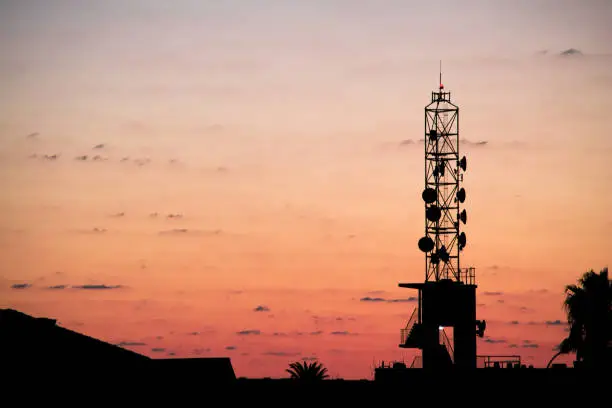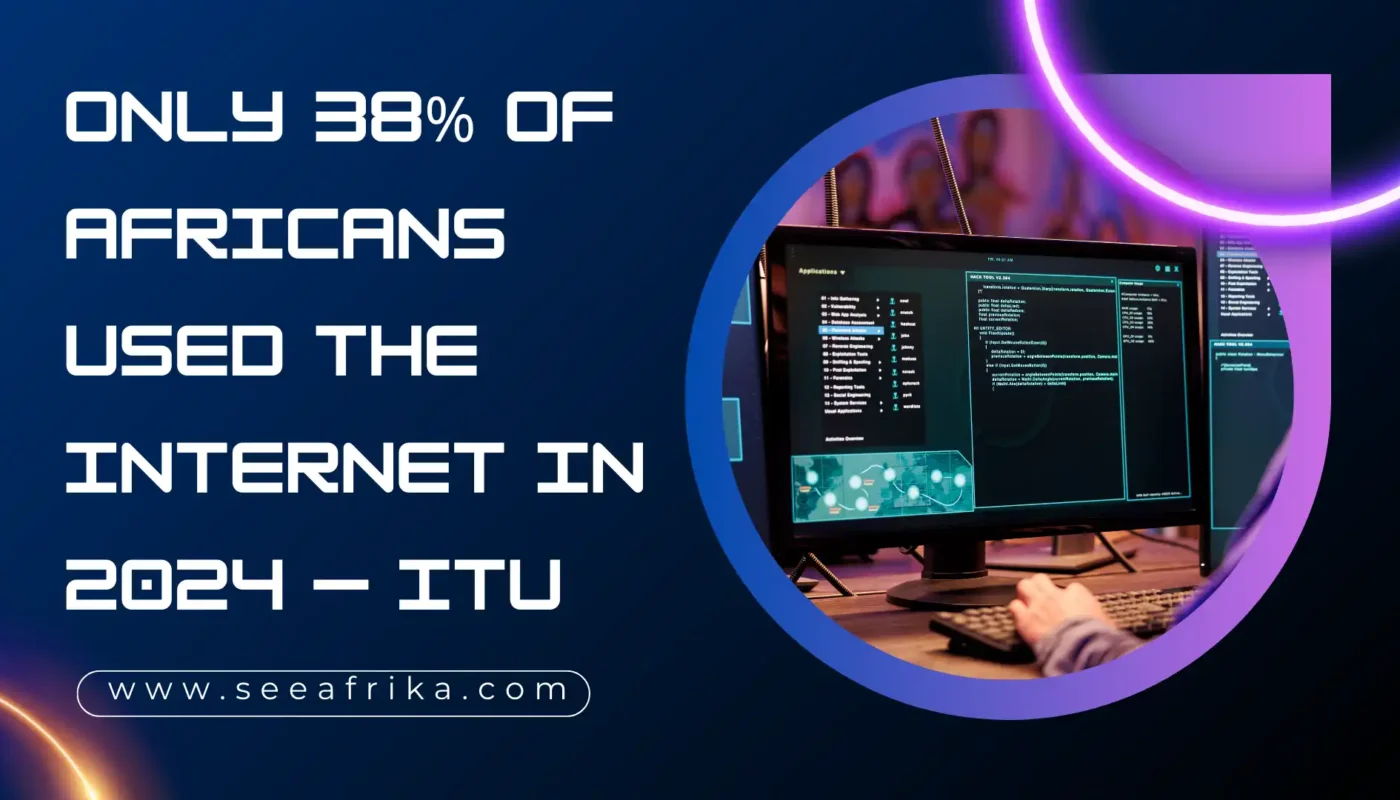The International Telecommunication Union (ITU) has released a sobering report showing that only 38% of Africa’s population was online in 2024. This figure is significantly below the global average of 68%, highlighting the continent’s ongoing struggle with internet access and digital inclusion.
Internet usage in African cities hit 57% in 2024, but rural areas lag far behind at just 23%. This is the widest urban-rural gap worldwide. Investment in infrastructure and services heavily favors urban centers, leaving rural communities dependent on outdated and slower networks.

Internet in Africa: A Landscape of Unequal Access
Despite growing demand, millions of Africans remain without internet access. The ITU attributes this to several critical barriers:
- High costs: The median price for a basic 2GB mobile broadband plan is 4.2% of gross national income per capita, more than double the UN Broadband Commission’s affordability target of 2%. Fixed broadband is even less affordable, costing an average of 15% of income, making it out of reach for most households.
- Infrastructure gaps: While mobile broadband covers 86% of the population, 14% remain unserved, with rural areas being the most affected. Only 11% of Africans have access to 5G, mostly in urban centers.
- Digital illiteracy and policy challenges: Many countries lag in advanced ICT regulation, with only 18% reaching the highest regulatory standards compared to a global average of 38%. This hampers coordinated efforts on digital identity, cybersecurity, and data protection.
Read also: African Tech Funding Declines 5% in Q1 2025, Reaching $460 Million
Internet Service Providers (ISPs) in Africa: Competition and Growth
Mobile networks remain the backbone of internet access, but the ISP landscape is evolving rapidly.
Starlink, the satellite internet provider owned by Elon Musk’s SpaceX, has made significant strides across Africa, challenging traditional telecom companies.
Starlink’s Aggressive Expansion in Africa
Since launching in Nigeria in January 2023, Starlink has rapidly expanded to over 15 countries in Africa, including Kenya, Ghana, Botswana, and Zimbabwe. The service offers high-speed internet through a constellation of low-Earth orbit satellites, delivering speeds that often exceed 100 Mbps, even in remote areas.
Starlink’s entry has disrupted local markets. In Nigeria, it has become the second-largest ISP with 65,564 subscribers as of Q3 2024, surpassing FiberOne Broadband Ltd. This growth reflects the demand for reliable, high-speed internet beyond traditional mobile and fixed networks.
Related news: Nigeria’s Internet Data Usage Exceeds 1 Million Terabytes
Regulatory Challenges and Local Ownership
Despite its successes, Starlink faces regulatory hurdles. South Africa, the continent’s most advanced economy and Elon Musk’s birthplace, has yet to grant Starlink a license due to local ownership requirements demanding 30% equity be held by historically disadvantaged groups. Negotiations continue, with President Cyril Ramaphosa encouraging Musk to invest locally.
Kenya, on the other hand, waived similar local ownership rules, allowing Starlink to gain a foothold quickly. The company now holds about 0.5% of the market share in Kenya’s competitive ISP market, which is dominated by Safaricom, a player that invests heavily in infrastructure.
Related news: Somalia Grants Operating License to Elon Musk’s Starlink
The Road Ahead for the Internet in Africa
The ITU’s report underscores the urgent need to address affordability, infrastructure, and regulatory frameworks to close Africa’s digital divide. Expanding mobile broadband coverage, accelerating the 5G rollout, and supporting satellite internet providers like Starlink could help bring millions of people online.
Digital transformation in Africa hinges on inclusive policies, investment in rural connectivity, and promoting competition among internet service providers (ISPs). With growing youth populations and urbanization, the demand for internet access is expected to increase, making it imperative to overcome current barriers.
In summary, while only 38% of Africans used the internet in 2024, the continent is witnessing dynamic changes in its internet landscape. Starlink’s rapid expansion and the progress of leading countries offer hope. Yet, significant challenges remain to achieving universal, affordable, and reliable internet access across Africa.




